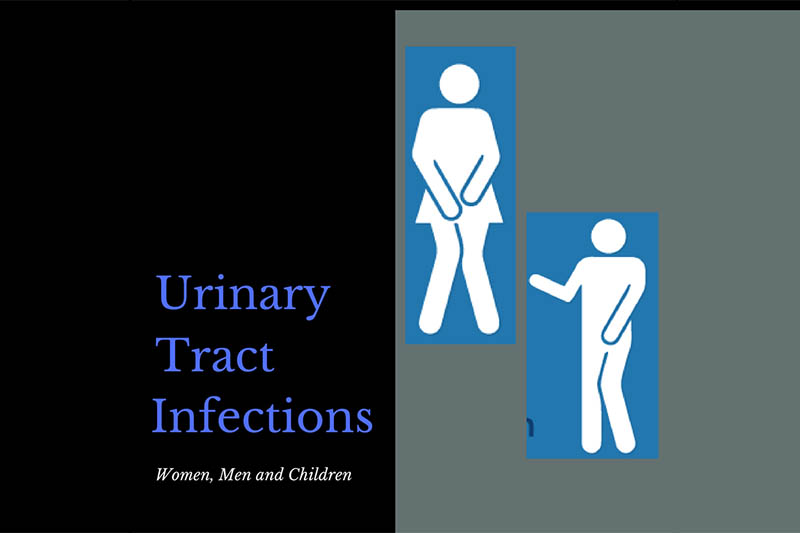
What are UTI’s? Urinary Tract Infections
Do you… Frequently or urgently need to urinate Often only pass small amounts of urine Have Pain or burning sensation when urinating These can be symptoms of urinary tract infections. There
A dermatologist has a medical degree and four years of specialist training. The Australasian College of Dermatologists is the only government accredited provider of specialist training. Dermatologists specialise in the diagnosis, treatment and prevention of skin diseases and cancers.
Dermatologists are initially trained as doctors, undertaking six or more years of university study to gain their medical degree. This is followed by several years of full-time training and practice as a junior hospital doctor in an accredited teaching hospital. Only then can application be made to enter the four-year national dermatology training program. Regular assessments of trainees are conducted by the Australasian College of Dermatologists (ACD) to ensure that high standards of specialists are produced.
The skin is the largest organ of the body. One person in ten who consults a general practitioner will do so because of a skin complaint. While most cases are easily dealt with, the GP may decide to seek confirmation of a diagnosis or assistance with therapy. This is when the patient is referred to a dermatologist.
Dermatologists look after patients of all ages, from babies and children to adolescents and adults. On a typical workday, the dermatologist deals with a wide variety of disorders. However given our climate, Australian dermatologists spend a lot of time treating diseases caused by sun exposure. These include sunspots and skin cancers. As dermatologists have a wide variety of treatments at their disposal (creams, liquid nitrogen, various types of surgery), they are able to deliver specific treatment for skin cancers.
Other typical skin consultations include acne, psoriasis, atopic eczema, skin infections such as warts, mole surveillance, melasma and occupational dermatitis
Skin also includes hair, nails and the wet areas of the mouth and genitalia Dermatologists are experts in the diagnosis and management of disorders affecting these areas.
Given their intimate skin knowledge and medical science training, dermatologists are uniquely placed to deliver effective and safe cosmetic services (e.g. laser therapy, muscle relaxants, fillers).
The majority of Australian dermatologists work in metropolitan private practice. However, many provide outreach services to rural and remote areas on a regular basis.
A large number of dermatologists conduct outpatient clinics in public hospitals, and are involved in the training of dermatology registrars. Some dermatologists provide their services to the Skin and Cancer Foundations in New South Wales, Victoria and Queensland.
Dermatologists at public hospitals are heavily involved in the education of medical students, resident medical officers and registrars, and work alongside other allied health professionals such as nurses and pharmacists. Additionally, dermatologists run courses and tutorials for general practitioners and other medical specialists. Many dermatologists are involved in research, at both the basic science and clinical levels.
Given the frequency of skin to be involved in many medical conditions, dermatologists working in public hospitals are often consulted by other specialists for their expert input. At times, patients with extensive and/or serious skin conditions need to be admitted to hospital and are managed by the dermatology team.

Do you… Frequently or urgently need to urinate Often only pass small amounts of urine Have Pain or burning sensation when urinating These can be symptoms of urinary tract infections. There
Disclaimer – Our intent is not to diagnosis but to offer information on therapy choices and practitioners. Information on this site is intended general educational purposes only. Any statements made are carefully referenced and any information, products or services discussed are not intended to diagnose, cure, treat or prevent any disease or illness. Please consult a healthcare practitioner before making a choice.